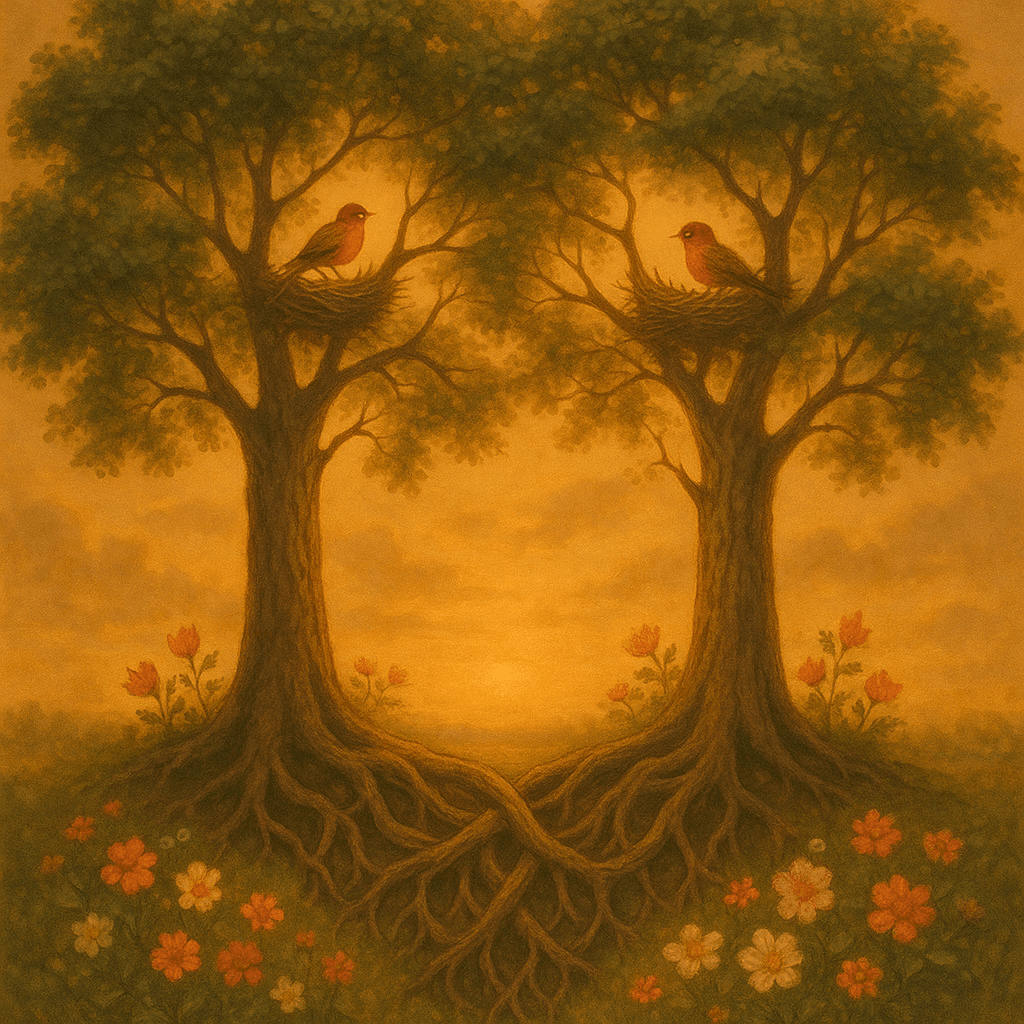True Love and Wholeness: The Harmony of a Duet

To be whole is to be part; true love is a duet. — Rainer Maria Rilke
Interdependence in Love and Identity
Rainer Maria Rilke’s quote invites a reconsideration of what it means to be 'whole.' Rather than depicting wholeness as self-sufficiency or solitary perfection, Rilke argues that we attain completeness through connection. In this sense, individuality does not preclude the need for partnership; instead, it flourishes within it. Psychological studies, such as those on attachment theory by John Bowlby (1969), reinforce the concept that our sense of self is often shaped and maintained through meaningful relationships.
Duet as a Metaphor for Love
Rilke’s use of the word 'duet' elegantly encapsulates the essence of partnership in love. A duet, by its nature, demands balance, mutual listening, and a blending of distinct voices. Much like two musicians harmonizing, lovers create something greater together than either could alone. Literature has long celebrated this phenomenon; in George Eliot’s *Middlemarch* (1871–72), relationships are compared to music, underscoring how partnership and mutual responsiveness deepen the human experience.
Moving Beyond the Myth of Self-Sufficiency
Throughout much of Western thought, independence has been prized as the ideal state. However, Rilke’s words subtly challenge this, suggesting that our truest selves are realized not in isolation but through communion. This perspective finds resonance in existentialist philosophy, notably in Martin Buber’s concept of the 'I-Thou' relationship (1923), which emphasizes the transformation of identity through deep, reciprocal connection.
Daily Acts of Duet in Relationships
This vision of love as a duet unfolds in the subtle choreography of daily life. Sharing responsibilities, supporting each other's ambitions, and responding empathetically to one another’s needs are all acts that build a shared rhythm. In Esther Perel’s research on modern intimacy, she notes that the healthiest partnerships are characterized by flexibility and the capacity for partners to both lead and follow, much like in a well-played duet.
Wholeness Through Shared Growth
Ultimately, Rilke’s insight culminates in the idea that true love cultivates wholeness through ongoing growth together. Rather than subsuming oneself or losing individuality, each person gains new strengths within the partnership. Whether in small gestures or lasting commitments, such shared journeys affirm that to be whole is, paradoxically, to be part of something greater—just as two voices in harmony complete the song.